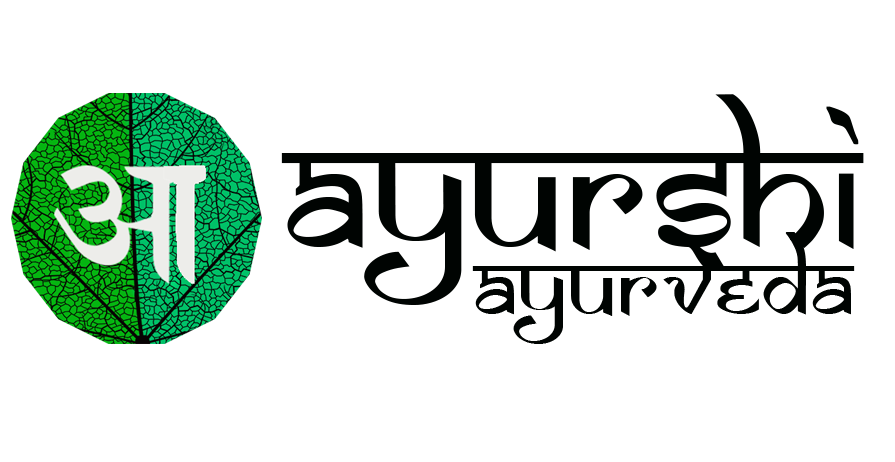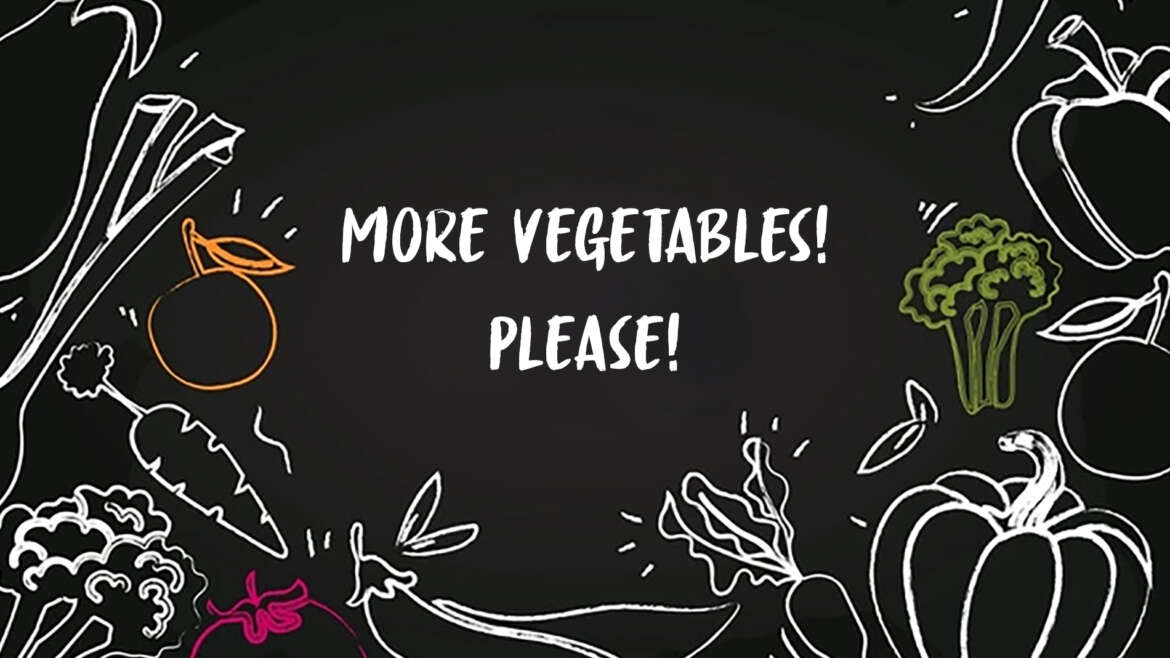Vegetables – Why they are best for your health
How much vegetables do you take in a meal, or even in a day? That can well decide how healthy you are or how effectively you are managing the major risk factors in your life. Vegetables are veritable powerhouses of many useful nutrients. They are rich in vitamins, minerals, and several plant chemicals, which have important functions in human biochemistry. Many of them play a vital role in the prevention of major diseases. There are a number of drugs and medicines manufactured from the phytochemicals extracted from various vegetables. Medical systems like Ayurveda and Naturopathy have records of therapeutic aspects of many vegetables and fruits.
Nature offers different kinds of vegetables in different seasons. Each vegetable is rich in more than one aspect of nutrition. Each is active in some specific function of the human organism. Each is needed for a different purpose and has a different taste, texture, and flavor. This is nature’s simple way of rich nourishment to the complex human organism. This body of ours grew on the offerings from nature for millenniums. Most diets offer all three major macronutrients we need, namely, starch, proteins, and fat. But the crucial difference that can make in a meal is its richness in micronutrients that are needed not only for the proper absorption and metabolism of the major nutrients but also for many other functions in the body. These micronutrients provide the cutting edge to the diet. Enjoy the best benefit of an intelligent and benevolent nature. Seek and follow the advice of the well-informed and get wise counsel.
There is one aspect of vegetable consumption that we cannot afford to ignore: cleanliness. Hygiene and cleanliness are of paramount importance in this matter. One can be exposed to any number of troubles if vegetables are not properly cleaned or if handled with unclean hands. It is absolutely important, whenever one eats them raw or cooked, that they are properly cleaned.
Remember that the vegetables may have been sprayed with or exposed to dangerous chemicals in the name of pesticides. Also, sometimes, highly contaminated manure may have been used. Often the manure is not fully dislodged or removed from the consumable part of the plant. This is especially the case with the leaf part or the stem part, or the root if that happens to be a consumable part. The vegetable before it comes to your table for cutting or cooking passes through several hands. Not all of them are hygienic or clean. Quite often they are dirty, shabby, unclean, contaminated, and infected hands, clothes, and containers. It is a very safe preventive measure to consider every vegetable as contaminated and treat it appropriately. The dreaded disease neurocysticercosis, which attacks the central nervous system quite often fatally, is considered for a long time to be the headache of pork eaters. Vegetarians consider themselves to be safe. Not anymore according to the latest studies and evidence. The problem is caused by a particular parasite, tapeworm tenia solium. It is firmly lodged in the soft tissue of the feces eating pigs and also in unclean vegetables grown with human feces as manure.
Be especially extra careful with vegetables like, leafy vegetables, cauliflower, cabbage, and such which cannot be cleaned completely if washed casually. To the extent possible avoid eating these vegetables raw. Cook them well after cleaning properly.
At any rate, one can only gain by being clean and hygienic. Keep the hands clean. Keep the finger webs clean. Especially keep the fingernails clean. Keep the table clean. Keep the knife clean. Keep the cloth used for wiping hands clean and dry. Keep the vessels clean. Wash vegetables with warm salt water or water with potassium permanganate.
It is all the more important to remember this, especially when dealing with the sick, the old, the children, and other vulnerable people.


Add Comment